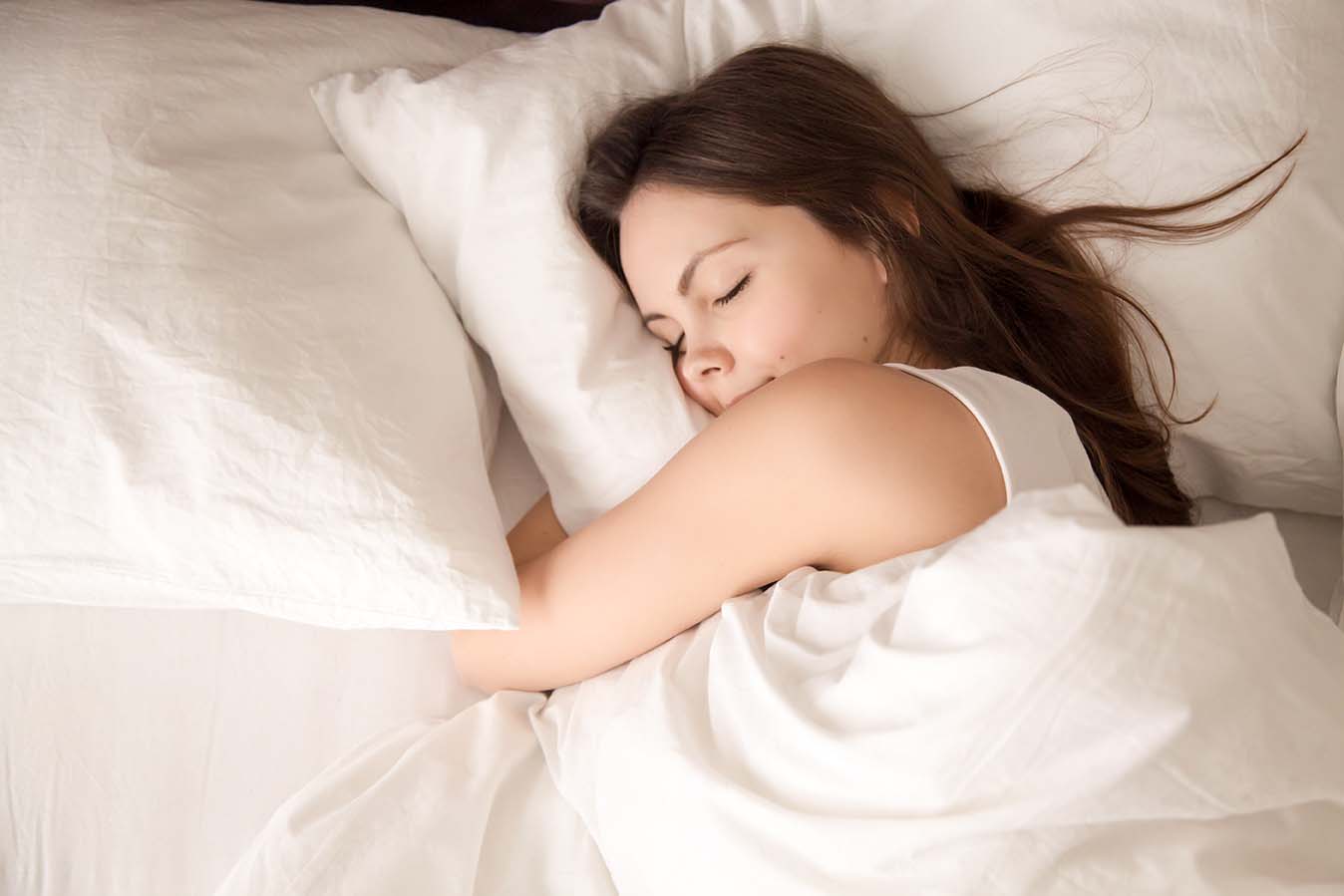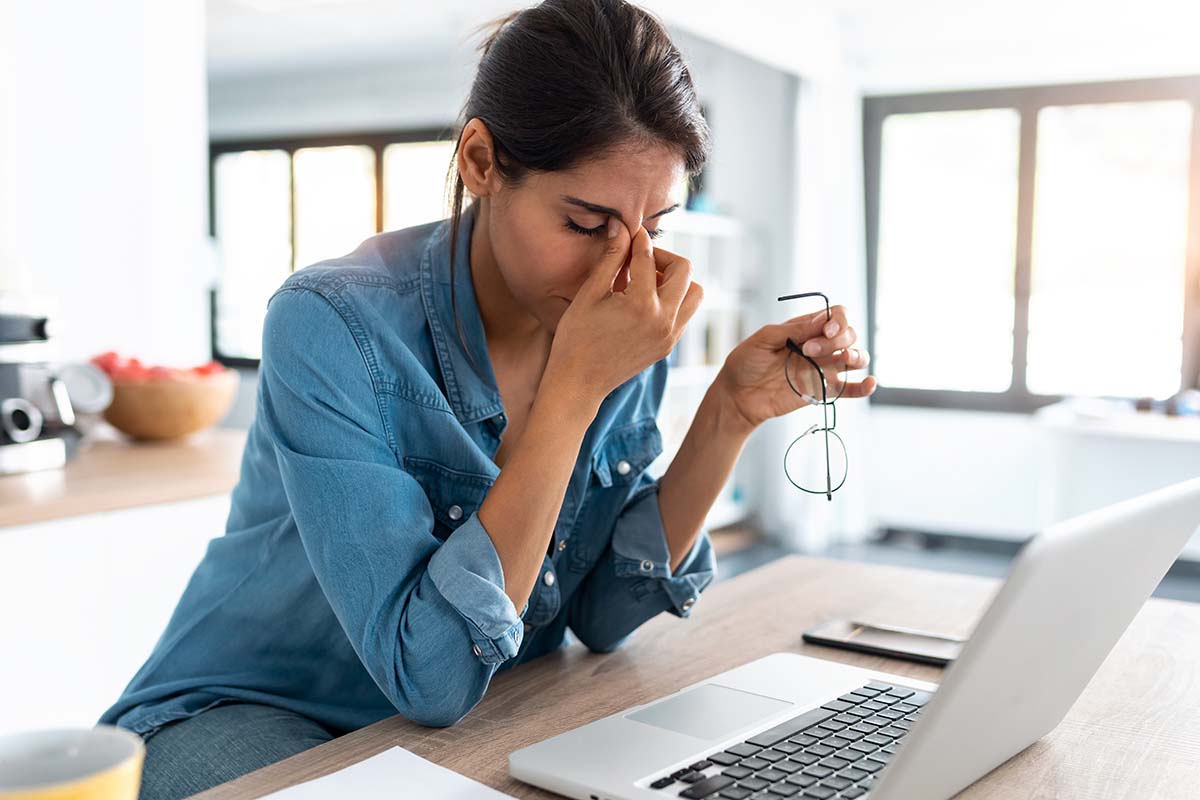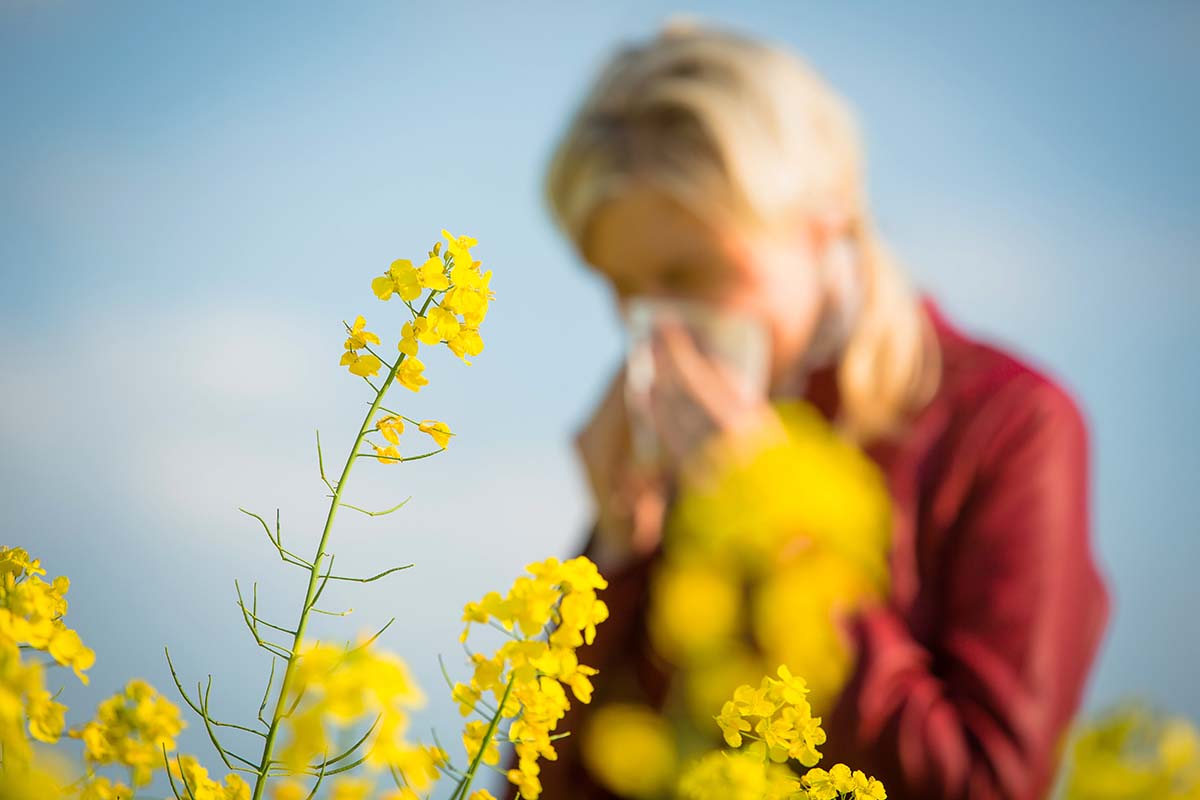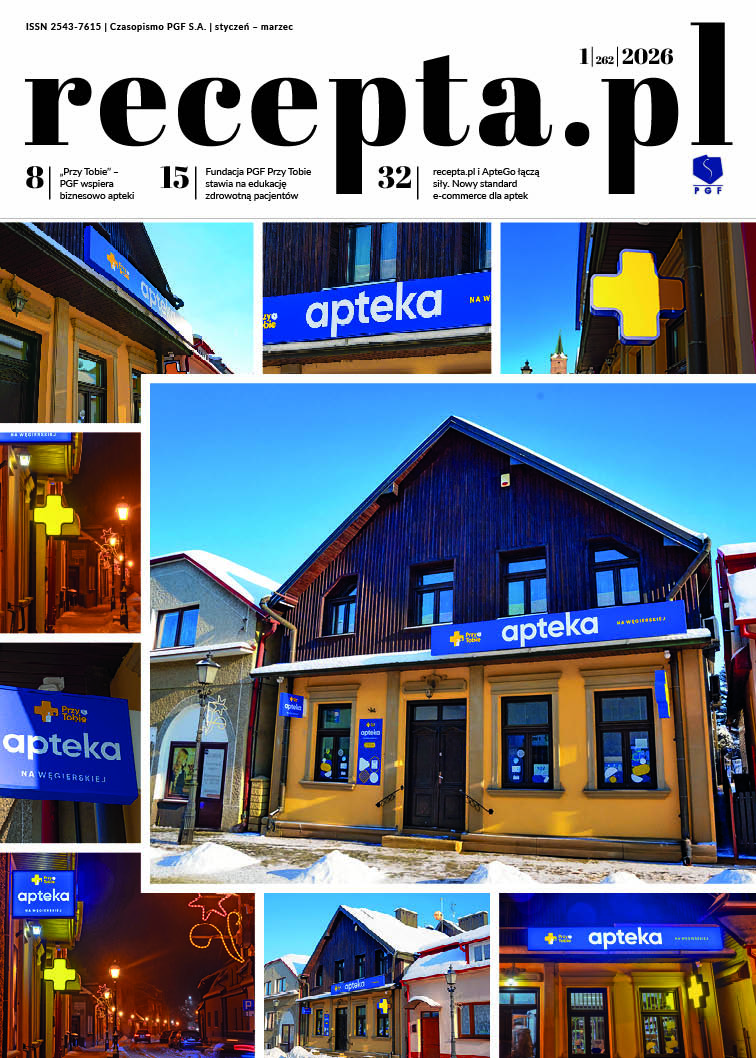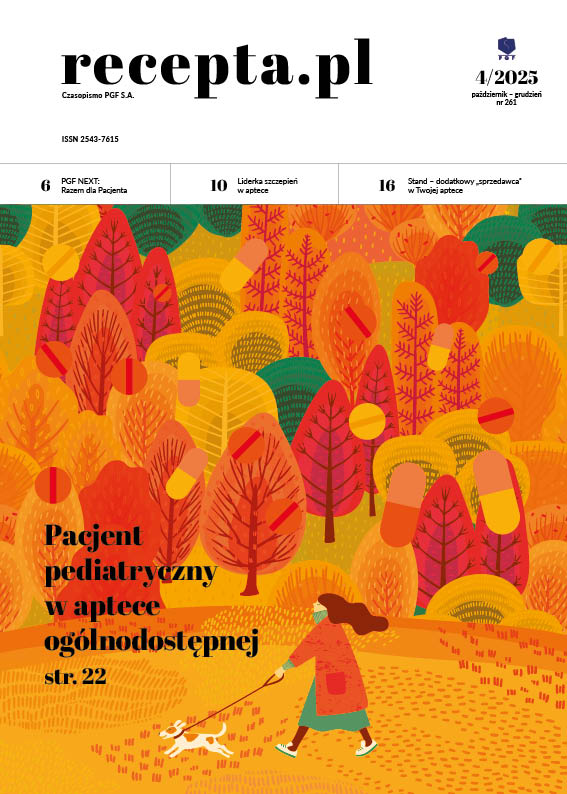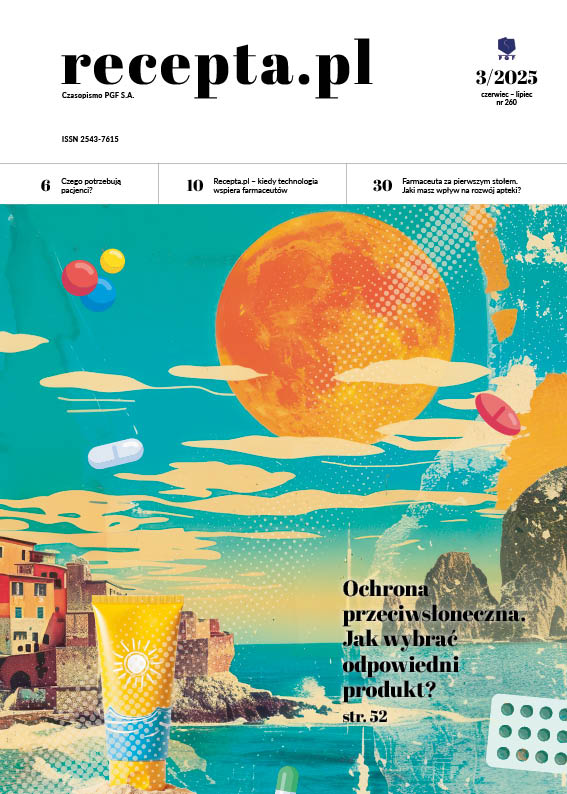 Wróć
Wróć
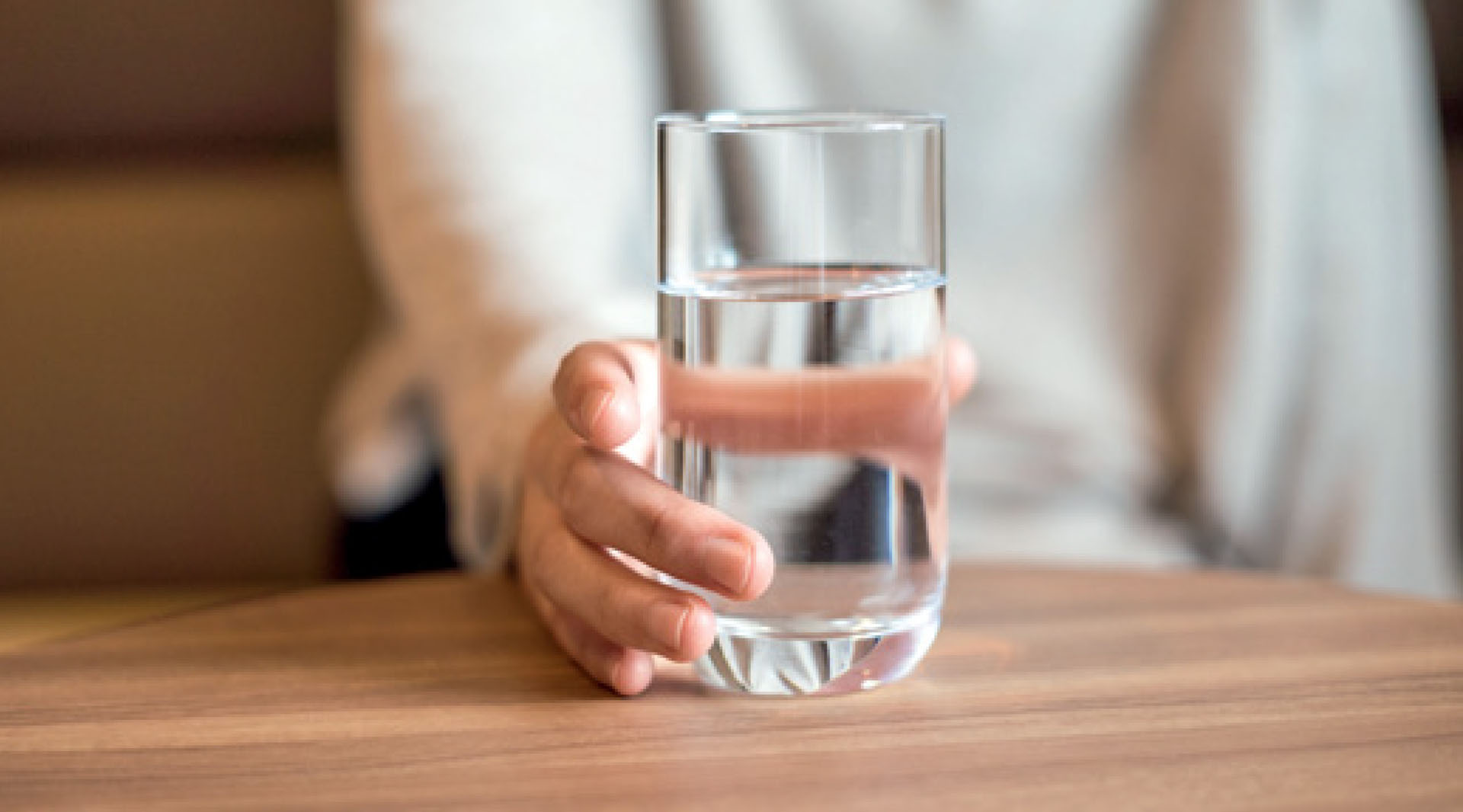
Z pacjentem po angielsku (11)
Woda – bez niej nie ma życia. Woda to także gwarancja dobrego samopoczucia. Dawniej jeździło się do wód, by podreperować zdrowie. Poznajmy jak było kiedyś, a jak jest dzisiaj.
Taking the Waters
Water is the source of life. We not only drink water, we need it to prepare food, clean and wash things but also to take a bath. Sometimes we like to take a dip in the pool to relax. Usually this is done to relax but the benefits of bathing can be far more than that.
Balneotherapy from the Latin word balneum meaning “bath” is the practice of immersing a person in water, special mud, hot or cold water springs or the sea. This form of treatment is recommended for a variety of ailments such as arthritis, fibromyalgia, some autoimmune diseases as well as orthopedic, skin and in some cases diseases of the nervous system. Balneotherapy generally improves the wellbeing of a patient but there are a number of heart conditions when it can result in adverse effect.
People have used mineral waters for bathing for thousands of years to bring relief to various diseases. In many cases water was used for religious rites. The Romans were known for their famous spas. Some of the best known spas of today include Karlsbad in the Czech Republic, Rotorua in New Zealand or the Hajdúszoboszló resort in Hungry. In Poland there are many famous health resorts including Muszyna-Zdrój, Ciechocinek, Krynica, Polanica-Zdrój and Nałęczów. The thermal spa in Uniejów has become very popular recently. Uniejów has both recreational as well as tourist values. Its thermal waters have been exploited since the 1990’s. In 2012 Uniejów was officially granted the status of a health resort. The Karlsbad re- sort has a much longer history. The city which has numerous hot springs and the warm Teplá river dates back to 1370. During the Nazi occupation the majority of German speaking areas of Sudetenland were confiscated by Nazi Germany. After the War the town was renamed Karlovy Vary.
A human body is made of up to 60% water. Our lungs are about 83% water and the heart and brain consist of 73% water.
The Rotorua resort offered thermal therapies as early as 1870 when a Catholic priest discovered that its thermal waters had treated his arthritis. What is interesting many hot springs and thermal pools in Rotorua are free of charge. New Zealand has some of the most beautiful landscapes in the world and Rotorua offers many attractions. These include trekking, wildlife parks, backpacking, thermal path tours, cycling and swimming. Visitors can also experience a traditional Maori massage.
Idioms:
to be like a fish without water – ryba bez wody
to be in hot water – znaleźć się w trudnym położeniu
to take to (something) like a duck to water – polubić coś
Słowniczek:
ailment – dolegliwość
backpacking – wędrówka z plecakiem
(to) boost – pobudzić
brain – mózg
cycling – jazda na rowerze
duck – kaczka
(to) evaporate – wyparować
free of charge – bezpłatne
ginger – imbir
(to) grant - nadać
health resort – miejscowość uzdrowiskowa
heart – serce
(to) immerse – zanurzyć
lungs – płuca
Maori – Maorysi, autochtoniczni mieszkańcy Nowej Zelandii
message – masaż
mud – błoto
priest – ksiądz
relief – ulga
rite – obrzęd
rosehip – dzika róża
spring – źródło
sweat – pot
(to) take the waters – pojechać do wód
(to) take a dip in the pool – wskoczyć do basenu
Proverbs:
Blood is thicker than water – bliższa ciału koszula
It is raining cats and dogs – leje jak z cebra
Don’t wash your clothes in public – publicznie się brudów nie pierze
Don’t throw the baby out with the bathwater – nie wylewaj dziecka z kąpielą
Surprisingly a hot drink can cool you down on a scorching day, provided the additional sweat you produce can evaporate.
Tekst opublikowany w numerze 4/2019 czasopisma Recepta


